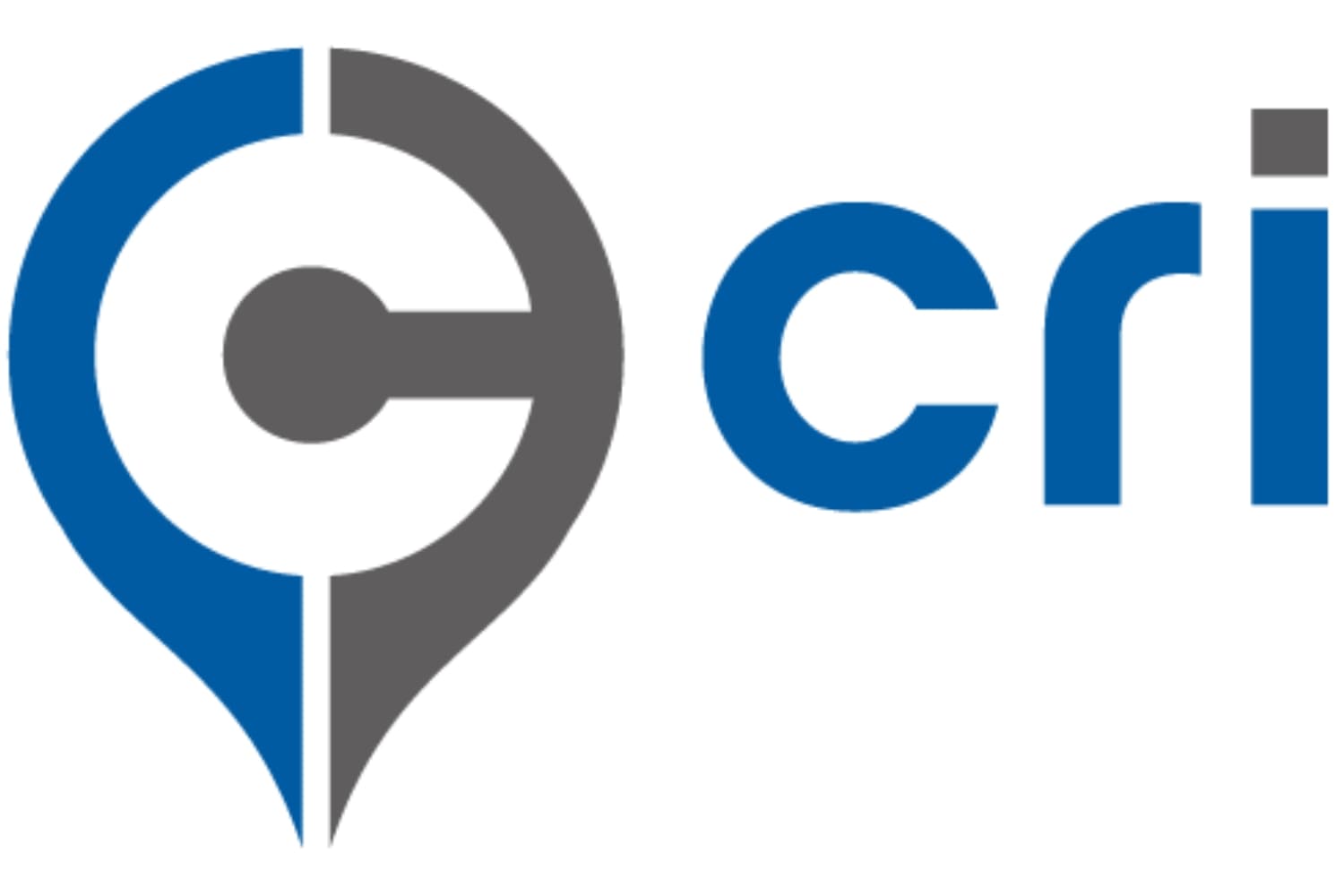So, do you want to be a successful HR or leadership professional? Well, you’re not alone. But, did you know that finding the right mentor can accelerate your growth and help you achieve your goals faster? Yes, it’s true! Many of the top executives and industry leaders have attributed their success to having a great mentor. So, let’s dive in and explore why finding a mentor is crucial and how to go about it.
Why finding a mentor is necessary for HR and leadership success
Finding the right mentor is crucial for success in HR and leadership roles. A great mentor can provide guidance and support, which is important when navigating new challenges. They can offer perspective and wisdom from their own experience, helping you to avoid common pitfalls and anticipate potential obstacles.
Additionally, learning from someone who has been there before can save you a lot of time and frustration. They can share proven strategies and help you develop the soft skills necessary for success. What’s more, fostering networking opportunities is another valuable benefit of having a mentor. A good mentor can connect you with other professionals in your field, giving you access to new ideas, insights, and opportunities.
Overall, finding the right mentor can accelerate your career and personal growth in immeasurable ways. It’s not about finding someone who has all the answers, but rather someone who can help you discover your own. So, take the time to identify the qualities you seek in a mentor, and start building those relationships today.
Determining the qualities you seek in a mentor
When it comes to finding the right mentor, it’s crucial to be clear about the qualities you seek. You don’t want to invest your time and effort in a mentor who doesn’t align with your goals and values. Here are some key qualities to consider:
- Industry expertise: Look for a mentor who has relevant experience in your industry. Someone who has been there before and understands the challenges you face will be better equipped to guide you.
- Similar values and work ethics: Your mentor should share similar values and work ethics as you. This will help ensure that you’re both on the same page and working towards the same goals.
- Effective communication style: You want a mentor who can communicate effectively and clearly. They should be able to give you feedback and guidance in a way that resonates with you.
- Availability and willingness to commit time: Your mentor should be available and willing to commit time to your professional development. You don’t want to be left hanging when you need guidance the most.
Overall, the right mentor can be a game-changer for your career growth. So, take some time to reflect on the qualities you look for in a mentor before you start your search.
Remember, your mentor is not just a source of advice, but can also help you build your network, grow your skills, and broaden your perspectives. Keep an open mind and be ready to learn from them.
Where to find potential mentors
Now that you have an idea of the qualities you seek in a mentor, it’s time to find some potential candidates. Fortunately, there are a variety of places you can look to uncover your perfect mentor match.
Professional associations are excellent places to start your search. Look for professional organizations in your industry that offer mentorship programs or events. You can attend conferences and workshops to meet potential mentors and gain insights from their experience.
Networking events also provide great opportunities to meet like-minded professionals. Attend local events, trade shows, and networking groups where you can connect and build rapport with professionals in your field.
Online forums and social media also offer fertile ground to seek out potential mentors. Join online communities that share your interests, and look for experienced professionals who are active in these groups. You can approach them by sending a message to their inbox, or through direct messages if they are active on social media platforms.
Remember that finding a mentor isn’t a one-size-fits-all process. Keep your eyes and ears open, and don’t hesitate to take the initiative to approach potential mentors. With persistence and networking, you’ll be well on your way to finding the perfect mentor for your HR and career success.
Starting the conversation and building a relationship
So, you’ve identified a potential mentor, now what? It’s time to start the conversation and build the relationship. Approaching a mentor can be daunting, but remember, they were once in your shoes too. They understand the value of mentorship and will most likely be open to helping you.
When approaching a mentor, be respectful of their time and schedule. Schedule a meeting or call and come prepared with a clear idea of what you want to discuss. Setting expectations and goals is important from the beginning to ensure that both parties are on the same page. Be open and honest about what you hope to get out of the mentorship, and ask the mentor what they expect from you in return. This will help establish boundaries and keep the relationship productive.
Maintaining regular communication is crucial for building a solid mentor-mentee relationship. Set up a schedule for check-ins and be sure to follow through. Don’t let too much time pass without touching base, or the connection may start to weaken. Regular communication will also keep the mentor up to date on your progress and allow any necessary adjustments to be made.
Remember, the mentor-mentee relationship is a two-way street. As the mentee, you are responsible for following through on commitments, applying the knowledge and skills learned, and expressing gratitude for the time and support given. A successful mentorship can be a valuable asset to your HR and leadership success, so put in the effort to make it work.
Now that you have an understanding of how to start and maintain a mentorship, it’s time to put it into practice. Don’t be afraid to reach out, set goals, and communicate regularly. The rewards of a strong mentorship can be immeasurable.
Making the most of the mentorship
So, you’ve found the perfect mentor — or at least, someone who meets your criteria for industry expertise, work ethic, and communication style. Congratulations! But now comes the hard part: making the most of your mentorship.
First things first: actively listen and ask questions. Remember, your mentor has a wealth of knowledge and experience that they’re willing to share with you. So, feel free to ask for their insights on specific topics or situations. And when they do speak, make sure you’re giving them your full attention.
Another essential part of mentorship is being open to constructive feedback. It can be tough to hear that you’re not quite hitting the mark in certain areas, but your mentor isn’t there to sugarcoat things. They’re there to help you grow and develop as a professional. Take their feedback as a learning opportunity and use it to improve your skills.
Of course, it’s not enough to just absorb knowledge — you also need to apply it in order to see real results. So, take what you’ve learned from your mentor and start putting it into practice. Try out new strategies or approaches, and see how they work for you and your team.
Finally, don’t forget to express gratitude for your mentor’s time and guidance. A simple thank you or show of appreciation can go a long way in building a strong, long-lasting relationship. And who knows? Maybe one day you’ll be in a position to pay it forward and become a mentor yourself.
Conclusion
It’s true, that finding the right mentor is a key to success in HR and leadership. With guidance and support, learning from someone who has been there before, and networking opportunities, you can take your career to the next level. Determine the qualities you seek in a mentor, find potential mentors through networking events and online forums, and start a conversation to build a relationship. Once you find a mentor, make the most of it by actively listening, applying learned knowledge, and expressing gratitude. With the right mentor, the sky’s the limit!

